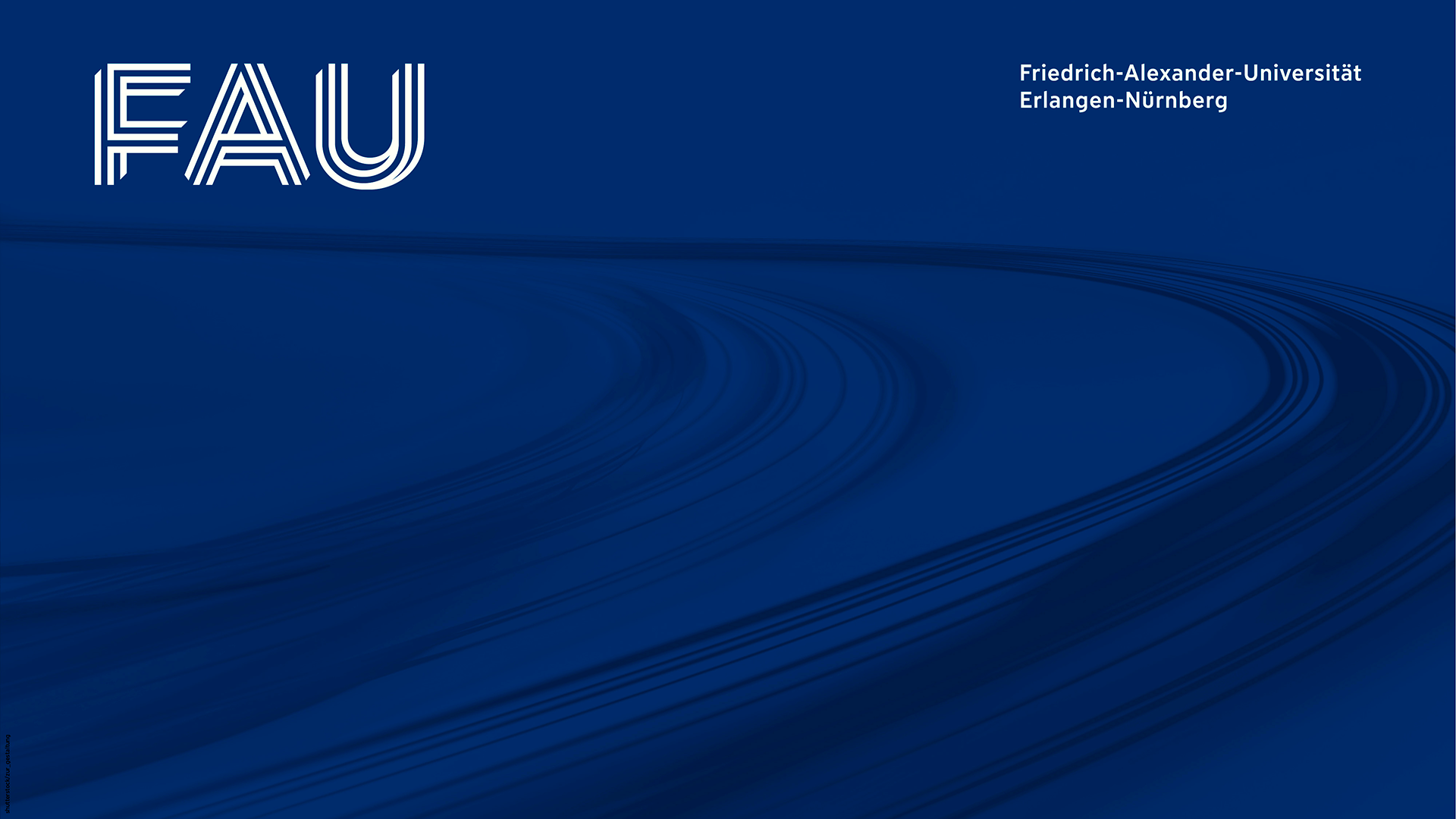Zugänglich über
Nur für Portal, Passwortgeschützt
Gesperrt clipDauer
00:58:23 Min
Aufnahmedatum
2022-11-09
Hochgeladen am
2022-11-09 14:46:04
Sprache
en-US
Taming the Rotating Wave Approximation
The Rotating Wave Approximation (RWA) is one of the oldest and most successful approximations in quantum mechanics. It is often used for describing weak interactions between matter and electromagnetic radiation. In the semi-classical case, where the radiation is treated classically, it was introduced by Rabi in 1938. For the full quantum description of light-matter interactions it was introduced by Jaynes and Cummings in 1963.
Despite its success, its presentation in the literature is often somewhat handwavy, which makes it hard to handle both for teaching purposes and for controlling the actual error that one gets by performing the RWA. Bounding the error is becoming increasingly important. Recent experimental advances in achieving strong light matter couplings and high photon numbers often reach regimes where the RWA is not great. At the same time, quantum technology creates growing demand for high-fidelity quantum devices, where even errors of a single percent might render a technology useless for error-corrected scalable quantum computation.
I will give a gentle introduction to the history of the RWA and then report a conceptually simple way of explaining it. Finally, I will show how to tame it by providing non-perturbative error bounds, both for the semi-classical case and the full quantum case.
Sprecher: Prof. Dr. Daniel Burgarth, Macquarie University, Sydney, Australia
Kontakt: Prof. Dr. Michael Hartmann
